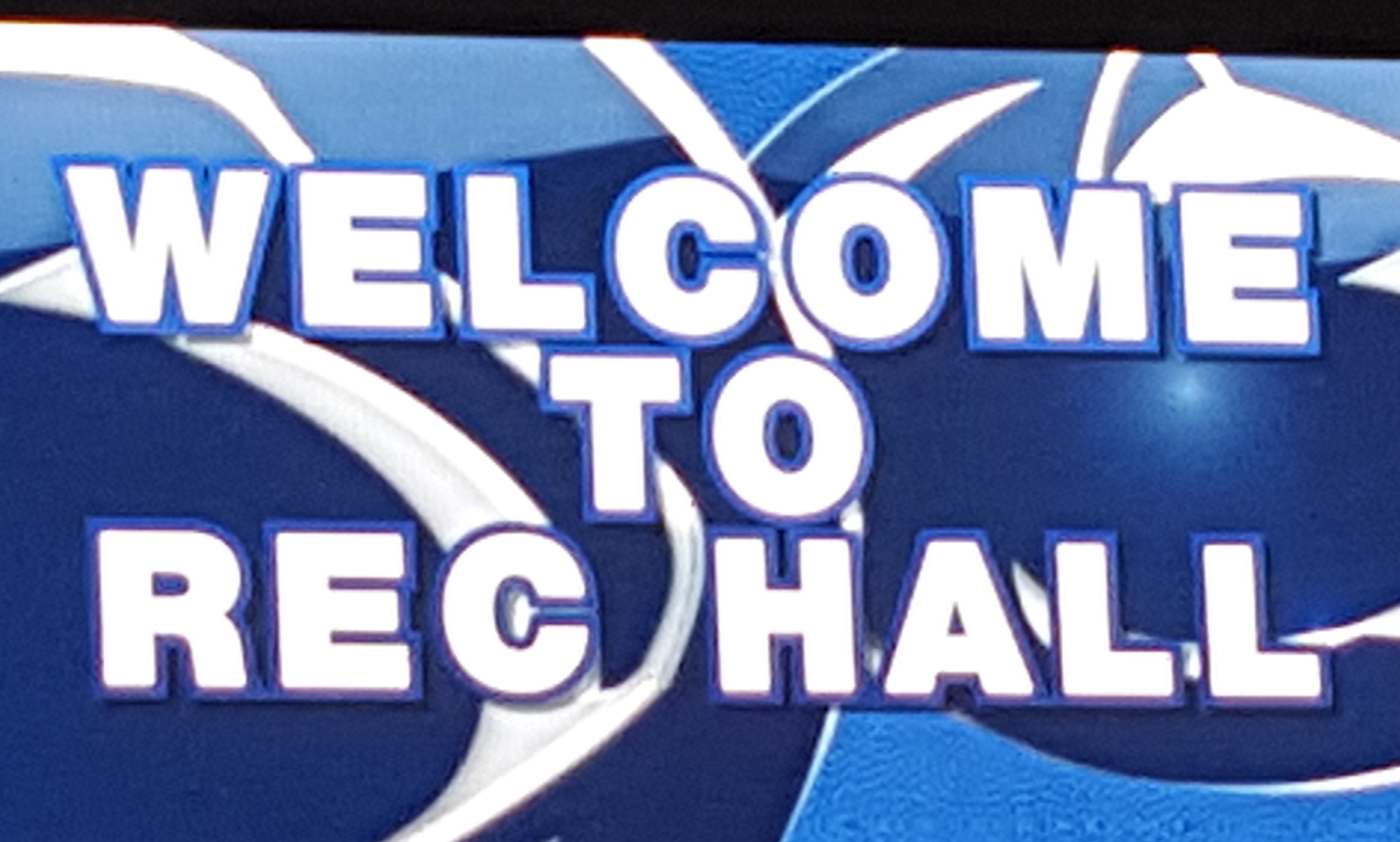Below is our interview with Russ Rose after Penn State’s second day of preseason practice, edited for length and clarity.
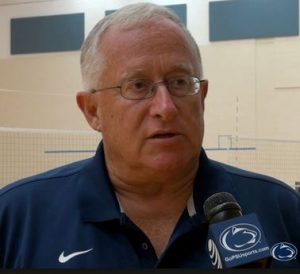
DigNittany: It’s early, we know, but how would you compare this year’s freshman class to previous multi-player classes you’ve had at Penn State? Choose any parameters you like: readiness to play, skill level, raw talent, whatever.
Russ Rose: I think every group is different, and part of that is my view that over time, the landscape of the youth in America changes. Forty years ago, the young women who were choosing to become competitive athletes were kids who really wanted to play. They were hungry for the chance to be treated like their brothers were treated. They were hungry for opportunities and they were just beginning to get those opportunities, because Title IX [enacted in 1972] was just coming into play. We only had three in-state scholarships when I started at Penn State. In those earlier recruiting classes, I might have had seven or eight kids, and they were all walk-ons, mostly just tough kids from western Pennsylvania. If they got a $1,000 scholarship, that was a pretty good scholarship, because the cost of Penn State back then might have been $3,000. It’s different now — an out-of-state scholarship might be $50,000. Would some of the kids today fit in with the kids from forty years ago? Sure. Would some of the kids from forty years ago fit in with the kids today? Sure. So how to compare the kids in this class to previous classes? Keeping in mind I’ve only coached this group for two days, I think there’s some athleticism, there’s some toughness, there are some kids that have a good skill base already established. Is it the best class I’ve ever had? I don’t think that I could say that. But I would also say, one shouldn’t judge a class two days into practice, because maybe the best way to judge a group would be 10 years post. What have these people become 10 years after they graduate from college? Maybe that’s the best way to judge that class.
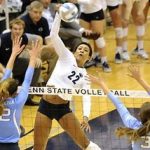

I would say, this group looks like they like each other. I think that’s a good thing. The challenge for us will be to try to replace the things we lost through graduation. For example, Simone Lee and Ali Frantti, who both graduated after last season, weren’t great ball handlers, but by the time they were seniors, they were our primary ballhandlers. Simone is now playing professionally, and she’s on the national team. When she’s playing, the top international teams serve her because that’s not her best skill. Whereas when Megan Courtney plays now, that’s a great skill for her. She’s a very confident, comfortable passer. Playing defense is a skill that you only get better at by being in the gym.
DigNittany: You’re a voter in the AVCA pre-season poll. How tough is it to rank the teams before any of them have played a match? And where did you rank Penn State?
Russ Rose: I voted Penn State 16th or 17th in the AVCA preseason poll and 6th or 7th in the Big Ten. But it’s hard to make an informed vote. I called a couple of coaches to ask about their conferences, because I’m not capable of voting on every conference in the country. I can have a pretty good handle on teams in the Big Ten, but I don’t necessarily know the health of the players on the other teams in the Big Ten, or what transfers they have — and how good those transfers may be. Rutgers has five or six international players who have come in. Maybe Rutgers is the best team in the conference, but we don’t know that yet, because we haven’t seen those players play for Rutgers. How can I choose between Creighton and Marquette? I asked people in their conference. I know Pitt is really good, but it seems other people don’t feel the same way I do about that. So again, it’s hard, so I think some people just vote based on the previous season.
DigNittany: What are your thoughts on parity in NCAA D1 women’s volleyball?
Russ Rose: I think a lot of teams have good coaches and a lot of teams have good players, but I think all pre-season polls are influenced by opinion based on performances from the previous year, as opposed to researching the current year’s rosters and figuring out the sabermetrics of what’s going on. We were ranked #6 in the AVCA preseason poll. But looking at basic statistics in the Big Ten, Michigan State and Penn State graduated 97% and 87% of their offense, respectively. In blocking, Michigan State lost 95%, Iowa lost 87%, Penn State 79%. It was easy for me to pick Nebraska as one of the top teams — they’ve had a great run and they got a great transfer. I had no problem picking Illinois as one of the top teams — they have a great setter, they have a great libero, and they didn’t lose a lot to graduation. Again, I voted Penn State 6th or 7th.
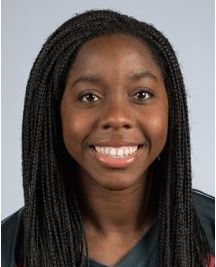
DigNittany: As you pointed out, Penn State lost a lot of production from the 2017 team to graduation, and a lot of experience. How important is experience to the success of a team?
Russ Rose: To me, experience is the most important variable when it comes to determining why teams win. You might say that Stanford’s championship team in 2016 flew in the face of that statement [Editor’s Note: three freshman starters, a sophomore starter, and . . . . Inky Ajanaku], but even though those players were freshmen, they were among the top recruits in the country. And Inky was great. Inky wasn’t just an OK player, she was a fabulous player and a great leader.
DigNittany: Who are some of the great leaders you’ve had at Penn State?
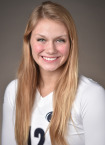
Russ Rose: Sometimes sports are about people wanting to play with you, wanting to go into the fray with you. You motivate their performance. You bring out the best in them. I think Micha Hancock did that. Lacey Fuller did that. People liked playing with them because they played hard. You can’t guarantee you’re always going to win, but boy, if you play hard, people like playing with you. Christa Harmotto was a really good leader — she was the captain of the Olympic team. Part of her strength as a leader was that she was such a wonderful person — she was always about the team, she was never about herself. She was like that when she was at Penn State, and that was what we needed. Players like Megan Hodge and Nicole Fawcett didn’t need someone telling them to get ready to play. Salima Rockwell was a great leader. Kaleena was a great leader because she cared about the group. That’s a rarity, because kids want to run over and look at the stat sheet to see how they did. I always try to get them to understand that I want to win. I don’t care if they hit .300 — I want to win. Every decision I make is for us to win — and it’s about us, not about you. If you want to do something special for you, then maybe you should go somewhere else so you can find a place where they’ll let you do what you want to do. But we are about the team, and it’s my job to keep us all on the team bus.
DigNittany: Thanks so much for your time. We appreciate it.
